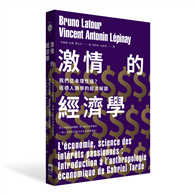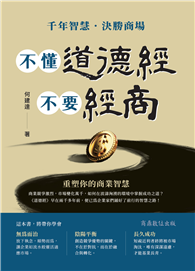Capitalism only celebrates success, and it can be difficult to know what to do when confronted with failure. This book explores what happens when people go broke and what the experience of bankruptcy and insolvency is like from a qualitative perspective. It shows, contrary to the expectations of policy makers, that debt relief is not transactional. Rather, it is moral, theological, social and cultural. The book demonstrates that debt encompasses fairness, trust, faith, sin, guilt, revelation and confession and that taking these factors seriously is vital to successfully navigating the world of the over-indebted.
| FindBook |
有 1 項符合
Thriving Beyond Debt: The Lived Experience of Bankruptcy and Redemption的圖書 |
 |
Thriving Beyond Debt: The Lived Experience of Bankruptcy and Redemption 作者:Roche 出版社:Bristol University Press 出版日期:2024-04-23 語言:英文 規格:精裝 / 192頁 / 普通級/ 初版 |
| 圖書館借閱 |
| 國家圖書館 | 全國圖書書目資訊網 | 國立公共資訊圖書館 | 電子書服務平台 | MetaCat 跨館整合查詢 |
| 臺北市立圖書館 | 新北市立圖書館 | 基隆市公共圖書館 | 桃園市立圖書館 | 新竹縣公共圖書館 |
| 苗栗縣立圖書館 | 臺中市立圖書館 | 彰化縣公共圖書館 | 南投縣文化局 | 雲林縣公共圖書館 |
| 嘉義縣圖書館 | 臺南市立圖書館 | 高雄市立圖書館 | 屏東縣公共圖書館 | 宜蘭縣公共圖書館 |
| 花蓮縣文化局 | 臺東縣文化處 |
|
|
圖書介紹 - 資料來源:博客來 評分:
圖書名稱:Thriving Beyond Debt: The Lived Experience of Bankruptcy and Redemption
|










